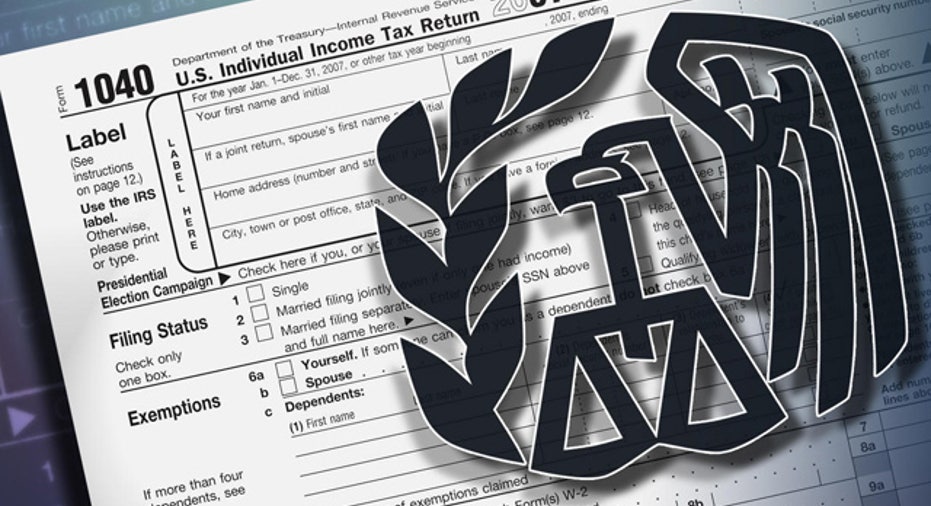Got a Notice from the IRS? Don’t Panic

Every taxpayer has received that dreaded notice from the IRS.
Getting a piece of mail from the IRS is enough to cause anyone’s hands to shake and primal instincts to surface. The letter could be concerning a change to the tax return due to mathematical errors, a notice that the return is up for audit, or a bill among other things.
Once you become self-employed it seems that the number of notices received increases. And that’s simply because there are so many more issues that can arise. Payroll, estimated tax payments, corporate taxation as well as issues pertaining to your individual income tax return can also cause red flags.
If you have received a letter from the IRS, don’t panic and assume you have an error on your return. Most of the letters require a simple response and are merely requesting additional information.
A client once came to me with a thick, unopened IRS envelope in his quivering hands and asked me to open it and wave a magic wand. Despite always keeping an accurate set of books and paying on time, he feared an audit, liens, levies and worse. It turned out that the envelope in question contained nothing more than estimate payment vouchers for the current year.
One of the more common letters sent to taxpayers is a CP2000 (the letter numbers are listed in the top right hand corner of the correspondence). This letter will generally inform you that you failed to list an item of income on your tax return. It’s usually about sold stocks or interest and dividends that are reported to the IRS by third parties such as banks and stock brokerage firms. A bill will be imbedded in the letter for you to pay and if you agree the amount, all you have to do is send in payment. There will not be a blemish on your record and you will likely not be selected for audit for failing to have reported this income.
If the change is reflective of a stock sale, you will want to do the math because the amount of income you need to report is the difference between the selling price and your cost basis. So you might receive a CP2000 showing the sale of $10,000 in stock with a bill for the taxes owing on that figure. Perhaps you paid $11,000 for the stock; it could be the IRS owes you a refund because instead of showing a profit you will actually enjoy a $1,000 capital loss against your other income. Simply amend your tax return.
When reading the header of the letter from the IRS, note the referenced tax year and tax form. If the tax form is 940, 941 or 944 this means the letter is about payroll taxes. Form 1040 is your individual tax return, 1120 and 1120S are corporate and 1065 is partnership.
The letter will cite the problem. Review the information they provide with the tax return in question and follow the directions to resolve the problem. It’s possible the IRS has made an error. If this is the case, provide them with copies of all documents and transaction receipts to support your argument.
You should be able to resolve most notices via fax or snail mail. Normally, you will not have to call or visit an IRS office. However, if you do have questions, call the telephone number in the upper right-hand corner of the notice. Have a copy of your tax return and the notice with you when you call. This will help the IRS answer your inquiry.
And don’t toss out those notices once they are resolved. If you call the IRS, always note the name and ID# of the employee with whom you speak along with the content of the conversation and keep copies of any notices you receive with your other income tax records.
Also remember that the IRS sends notices and letters by mail only—it never contacts taxpayers about their tax account or tax return by email. Any email correspondence is bogus and should be forwarded to phishing@irs.gov.



















